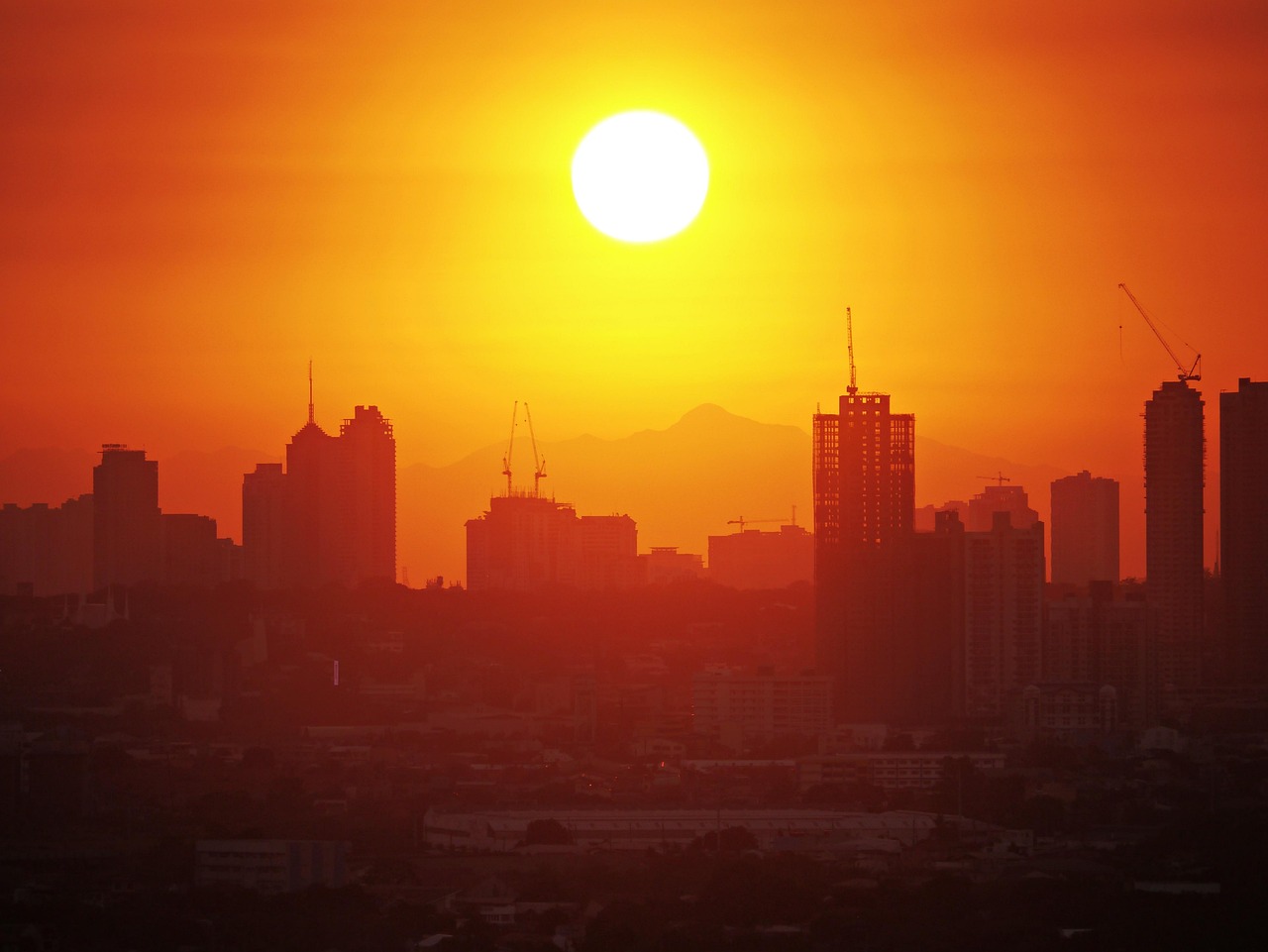
STD Testing in the Philippines: What Travelers and Expats Need to Know
Why Sexual Health Testing Matters in the Philippines
The Philippines is one of the fastest-growing tourist destinations in Asia, with millions of visitors arriving each year for beaches, nightlife, and long-term stays. Alongside this growth has come an alarming rise in sexually transmitted infections (STIs).
For travelers and expats, sexual health isn’t just about avoiding discomfort — it’s about protecting your long-term health and ensuring you don’t unknowingly pass infections on to partners. Regular STD testing in the Philippines is strongly recommended for anyone who is sexually active while living in or visiting the country.
Local STD Situation in the Philippines
The data tells a clear story:
HIV prevalence is rising fast. In 2012, only 9 new cases per day were reported nationwide. By 2023, that number jumped to 46 new daily cases — a 411% increase in just over a decade.
Young adults are especially vulnerable. Among women aged 15–24, 9.81% are at risk of contracting STIs, significantly higher than older groups.
The Philippines still has a relatively low adult HIV prevalence (~0.1%), but the rapid acceleration makes it one of the fastest-growing epidemics in Asia.
Urban centers like Manila, Cebu, and Davao are seeing the highest number of new cases, fueled by mobility, nightlife, and limited access to preventive services in rural areas.
These statistics highlight why testing is critical — especially for travelers and expats who may have different levels of access to healthcare than locals.
What STD Testing in the Philippines Covers
STD testing is widely available in private hospitals, urgent care clinics, and NGO-supported centers. Typical tests include:
HIV: Rapid (results in 15 minutes) and ELISA confirmatory testing.
Syphilis: VDRL or RPR blood tests.
Gonorrhea & Chlamydia: PCR-based swab or urine testing.
Hepatitis B & C: Blood tests (important in Asia, where prevalence is higher).
Herpes (HSV-1 & HSV-2): Antibody testing or swab if sores are present.
HPV & Pap Smears (for women): Available in gynecology clinics and major hospitals.
Testing can be done individually or as part of a comprehensive STD panel.
Where to Get STD Testing in the Philippines
1. Manila (Metro Manila)
The capital has the widest range of options:
Private hospitals like St. Luke’s Medical Center and Makati Medical Center offer comprehensive STD panels.
Expat-focused clinics in Makati and BGC (Bonifacio Global City) provide confidential, English-speaking services.
NGOs like LoveYourself Clinic offer free or low-cost HIV testing and counseling.
2. Cebu
Cebu City is the central hub of the Visayas, with growing numbers of international visitors and expats.
Private hospitals like Cebu Doctors’ University Hospital and Chong Hua Hospital provide STD testing.
Local clinics near tourist districts offer rapid tests and affordable panels.
3. Davao
The largest city in Mindanao, Davao has reliable private facilities with English-speaking staff. Clinics here are less crowded than Manila but may have fewer testing options.
4. Boracay & Resort Areas
On smaller islands like Boracay, urgent care centers handle basic STD testing, but more complex panels may require referral to a larger hospital in Kalibo or Manila.
Cost of STD Testing in the Philippines
Prices vary depending on city and type of facility:
Rapid HIV test: ₱500–₱800 (~$10–$15)
Basic STD panel (HIV, syphilis, gonorrhea, chlamydia): ₱2,500–₱4,000 (~$45–$70)
Comprehensive panel with hepatitis testing: ₱5,000–₱7,000 (~$90–$125)
Private hospital packages: ₱7,000–₱12,000 (~$125–$215)
Compared to Western countries, STD testing is affordable, even at private hospitals.
Confidentiality and Privacy
Private clinics in Manila and Cebu cater to expats and ensure discretion.
Anonymous HIV testing is widely available through NGOs.
Paying cash is common for travelers who want no insurance record.
Results are generally not linked to immigration or employment.
When to Get Tested
After unprotected sex with a new or casual partner.
If a partner tests positive or shows symptoms.
If you experience symptoms like discharge, burning, sores, or rashes.
As routine prevention: every 3–6 months for sexually active expats or frequent travelers.
Symptoms That Should Prompt STD Testing
Burning or pain during urination
Unusual discharge from genitals
Sores, ulcers, or blisters
Persistent itching or rashes
Swollen lymph nodes
Fever, weight loss, or night sweats
Remember: many STDs have no symptoms at first. Testing is the only way to be certain.
STD Testing for Expats in the Philippines
Expats often benefit from private healthcare, which offers:
English-speaking doctors and fast turnaround.
Comprehensive testing not always available in public facilities.
Regular panels every 6–12 months to maintain a confidential health record.
Tips for Travelers Getting STD Testing in the Philippines
Look for expat-focused clinics in Makati, BGC, or Cebu for easier communication.
Plan ahead: full panels may take 2–3 days for results.
Carry ID (passport or copy) for registration.
Bring proof of vaccination if you have Hepatitis B or HPV protection.
Prevention: Stay Safe Before You Need Testing
Use condoms consistently.
Avoid risky encounters when drinking heavily.
Get vaccinated for Hepatitis B and HPV.
Consider HIV PrEP if you are at higher ongoing risk.
Key Takeaways
The Philippines is facing a rapidly growing HIV epidemic: from 9 new cases per day in 2012 to 46 per day in 2023.
Youth (15–24) and urban areas like Manila, Cebu, and Davao are most affected.
STD testing in the Philippines is affordable, discreet, and widely available in private hospitals and urgent care clinics.
Costs range from ~$10 for rapid HIV tests to ~$200+ for full panels.
Testing is recommended after unprotected sex, if symptoms appear, or as routine prevention every few months.